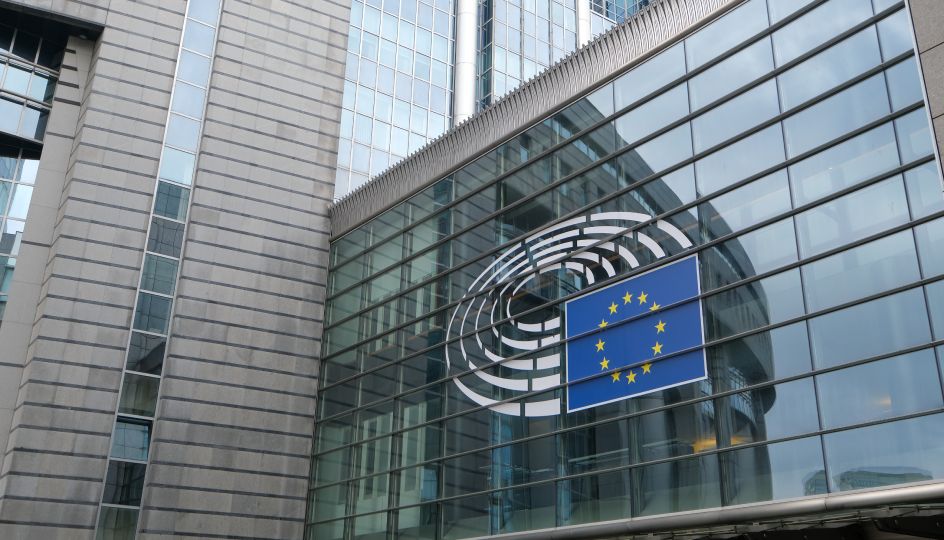Top 9 challenges of doing business in France

Despite its complexity, France remains a prime destination for international business expansion. However, adapting to the French business environment can be challenging and cross-cultural awareness is essential.
France has a long history of welcoming international firms looking to grow their business and this trend has continued with President Emmanuel Macron in office. At the 2025 Choose France summit, the President emphasised France’s investor-friendly attributes, saying that “France is a land of creativity, innovation and openness. That’s what attracts investors from around the world, and that’s what we must continue to cultivate.”
Entering the French market is not without its challenges, however. Understanding working habits and cultural differences is crucial, so having local help on hand can be an asset when expanding into France.
Here are some key hurdles international firms may face:
1. Brexit and trading across borders
In the race to benefit from potential relocations due to Brexit, France has clearly stepped up. The French government has been increasingly focusing on corporation tax cuts, easing labour laws and an impactful “Choose France” drive for inward investment. It has been leveraging the uncertainty, and this has led to a 16% increase in investment projects – including research facilities, factory openings and expansions – since 2016.
Paris’s business district is experiencing a surge in new office developments, and a massive extension of the public transport system is also underway.
2. Starting a business
It takes four days to set up a business in France; key steps include registering with the Centre de Formalités des Entreprises (CFE) and having company books stamped and initialled by the clerk of the commercial court.
3. Labour laws
Labour laws France’s dismissal process has been simplified, with a new standardised dismissal letter template available on the government website. Under the new labour law, severance pay is capped and the calculation is based on seniority. This ensures greater transparency and reduces risk for companies.
The redundancy process has also been streamlined for employers; they are no longer required to consider the financial health of group entities outside of France, making it easier to shut down French plants. Sizeable ‘’voluntary resignation’’ agreements will also be encouraged to avoid mass layoffs during the redundancy process. Other changes are also being proposed, so having local knowledge and support in this area is crucial.
4. Opening a bank account
Opening a bank account in France can be a complicated process, often taking several months to complete due to intricate Know Your Customer procedures. While a bank account may not always be required to set up a new entity, the process becomes mandatory upon registration. Though there are some exemptions, opening a dedicated bank account for your business should be a priority.
5. Getting credit
Gaining access to credit is vital for expanding businesses, but it is notoriously difficult to secure in France. It’s advisable to enlist local assistance when liaising with banks and applying for credit.
6. Paying taxes
According to TMF Group’s Global Business Complexity Index (GBCI) 2025, France ranks as one of the 10 most complex jurisdictions to do business in. Its GBCI ranking is influenced by complexities in accounting and tax processes, and heavily employee-centric HR regulations. All accounting in France is subject to local language requirements, which can prove challenging to non-French speaking businesses. In addition, France was one of the first jurisdictions to put the EU regulation of SAF-T (an electronic exchange for accounting data) in place. The French government has strongly endorsed process digitalisation, with all tax audits expected to be completed digitally in the near future.
The French corporate tax rate for large companies has dropped from 33.33% to 25% since 2022.
The standard VAT rate is 20% while personal tax rates go up to 45% (in tranches). From 2018, a single flat rate capital gains tax of 30% was applied on savings and investment income and gains.
Businesses are required to make an average of nine tax payments each year, and taxes can be substantial.
7. Enforcing contracts
France has a relatively modern legal system which is well equipped to enforce contracts in good time. It takes an average of 447 days to enforce contracts, which is well below the OECD average of 590.
8. Resolving insolvency
Resolving insolvency is a streamlined procedure in France, and the recovery rate of 74.8 cents on the dollar is a little higher than the OECD norm. However, it is a slow process, taking an average of one year and nine months. It is also influenced by long payment terms in practice, although the LSF (Loi de Sécurisation Financière) did significantly help to reduce payment terms, which are now capped at 60 days (in theory).
9. Culture
Adapting to French business culture is vital for ensuring smooth business operations. Formality is important and the French are extremely proud of their language and cultural heritage. Their passion for good food and wine should be observed, and businesses that appreciate differences in etiquette and business approach are more likely to succeed.
Underestimating these cultural norms can have a negative impact on the speed of setting up a business in France. However, younger entrepreneurs and investors are increasingly reshaping this image, embracing modernity and technology as key drivers of innovation and growth.
Local assistance is therefore crucial to navigate the maze of administrative and linguistic complexities.
Ready to expand into France?
Discover how to successfully navigate the French market – download our complete guide to doing business in France today.





